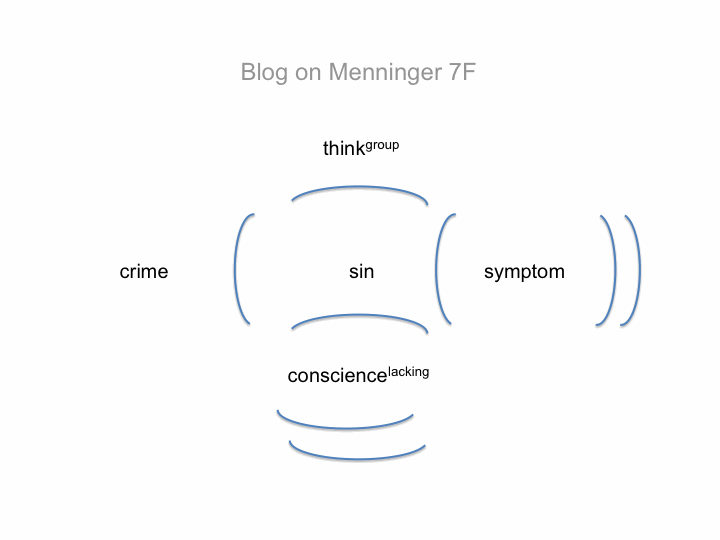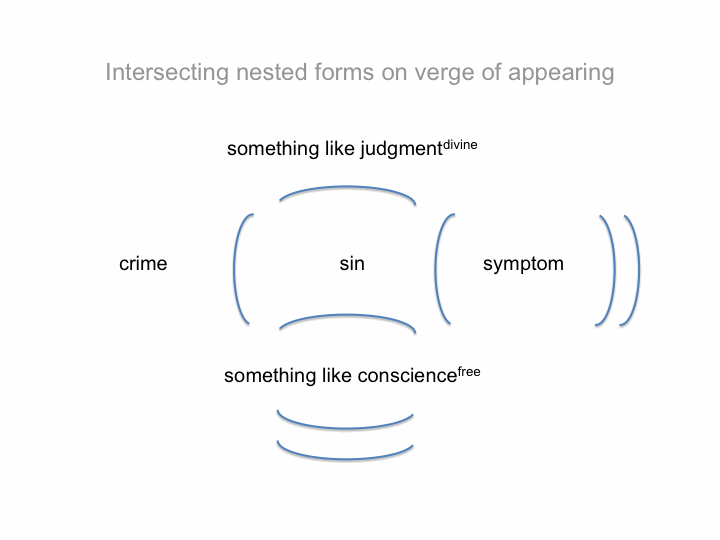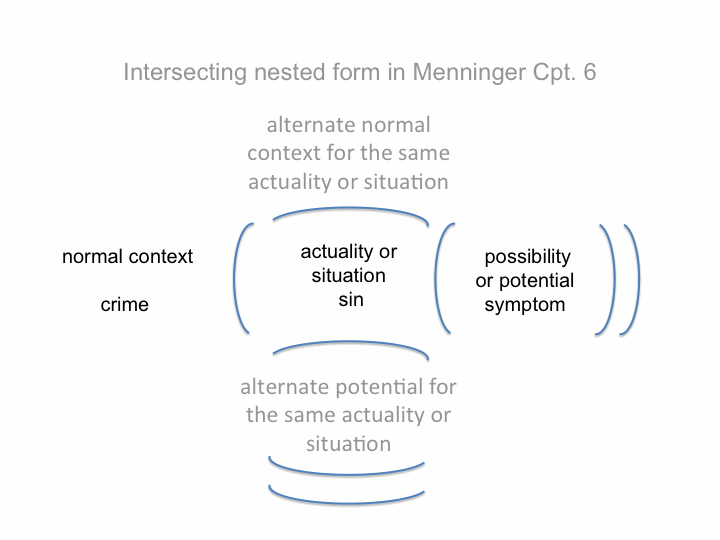Who gets the blame for collective irresponsibility (124-127)?
Here is a good option: a scapegoat.
Menninger preferred to blame the group leaders. You know, “the golden calves”.
Not to fault Rene Girard on this, but focusing on the “scapegoat” ignores another feature of group-think: “golden-calfing”.
The golden calf is the person who is invested with all the invincibility associated with the collective. This person cannot be questioned. Everything she – I mean, he – does is correct, no matter how stupid or dysfunctional or short sighted or … without a conscience. No doubt, the golden calf of the Exodus served a similar function. That golden calf could do no wrong until … oh hell, is that Moses?
If you look at the Passion of Jesus the Messiah, you can see that He played the role of the scapegoat. As Girard pointed out, there is significance to that.
At the same time, a host of figures were cast as the golden calves, the Pharisees, the Sadducees, Pontius Pilate, Herod, and best of all, Barabbas. There is significance to that as well.
The scapegoat gets the blame for the collective irresponsibility that is personified by the golden calf.



